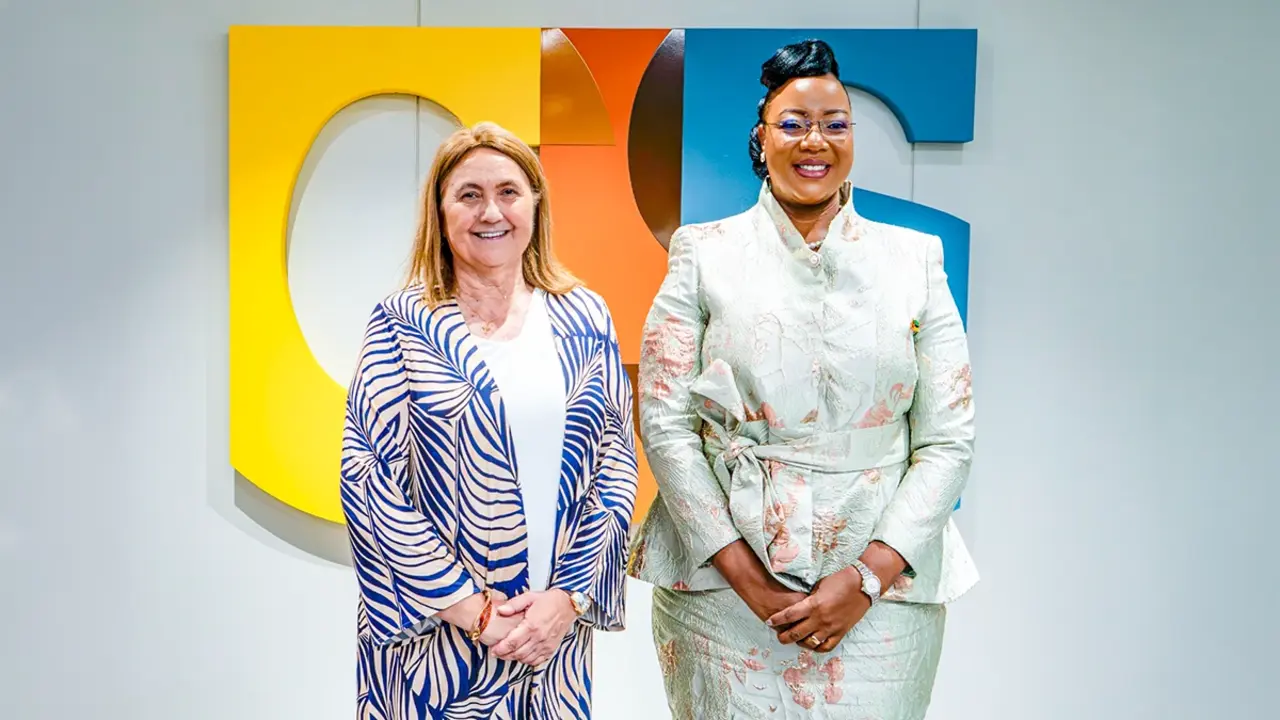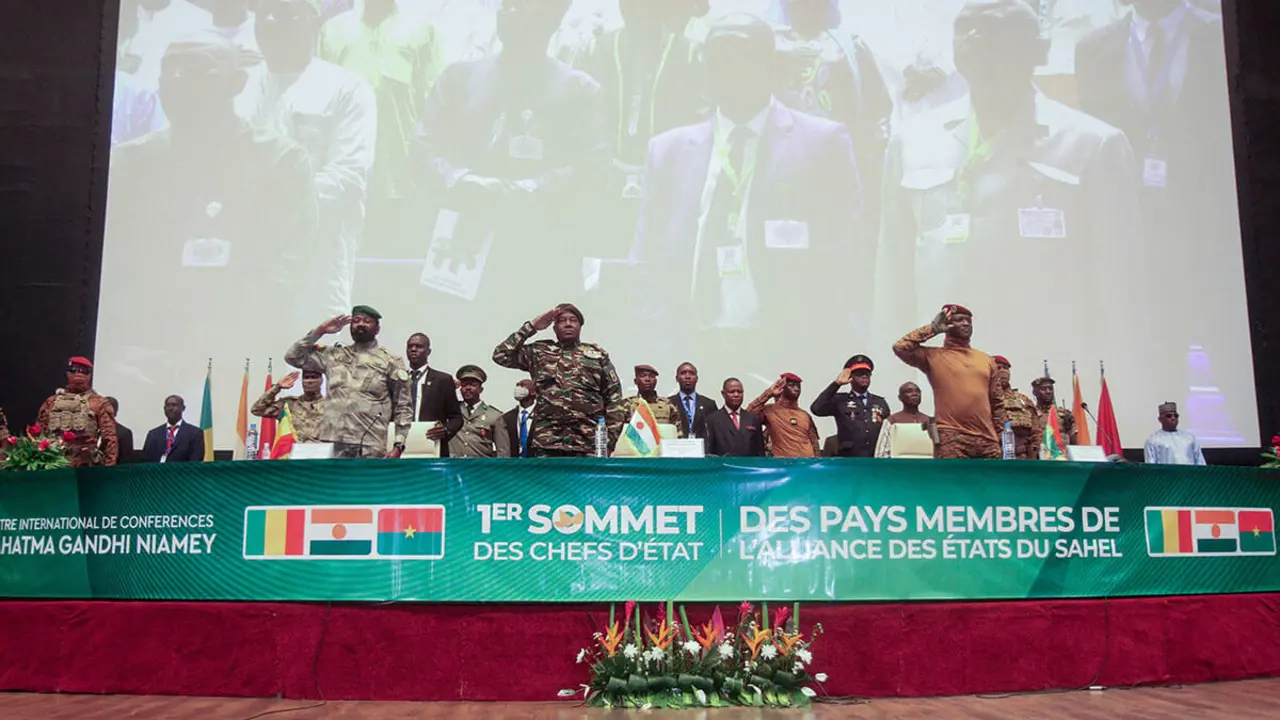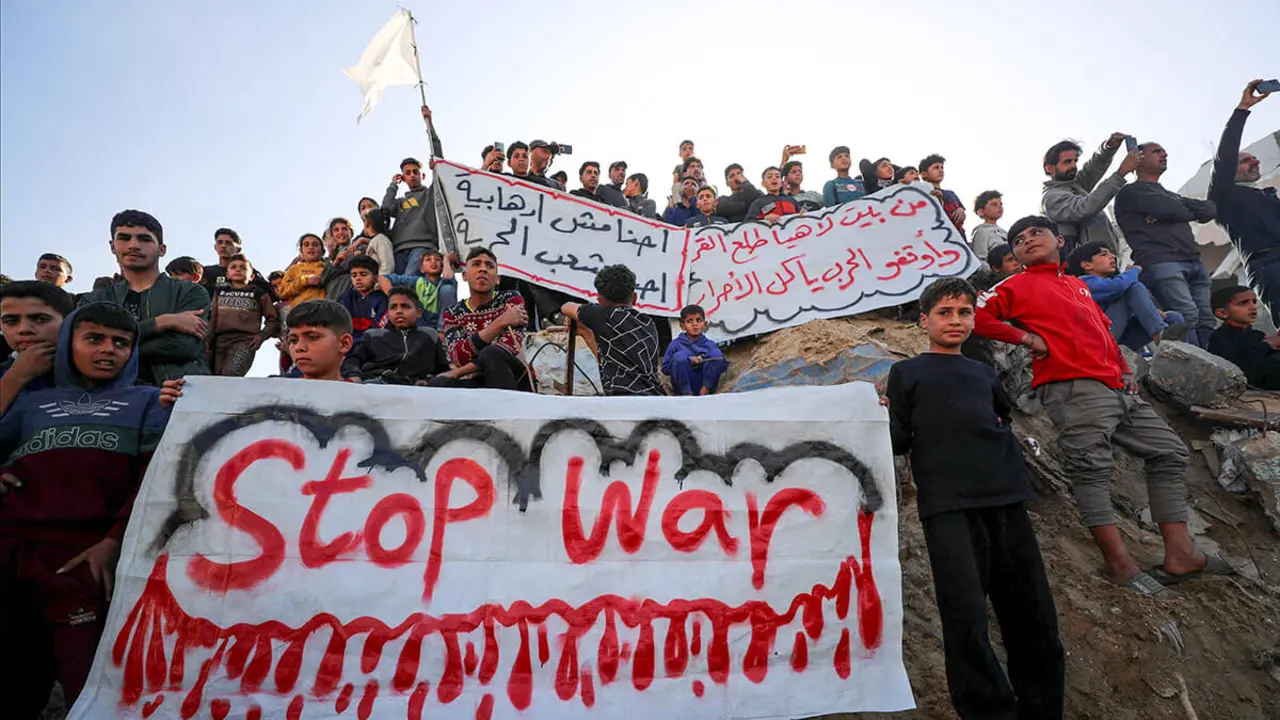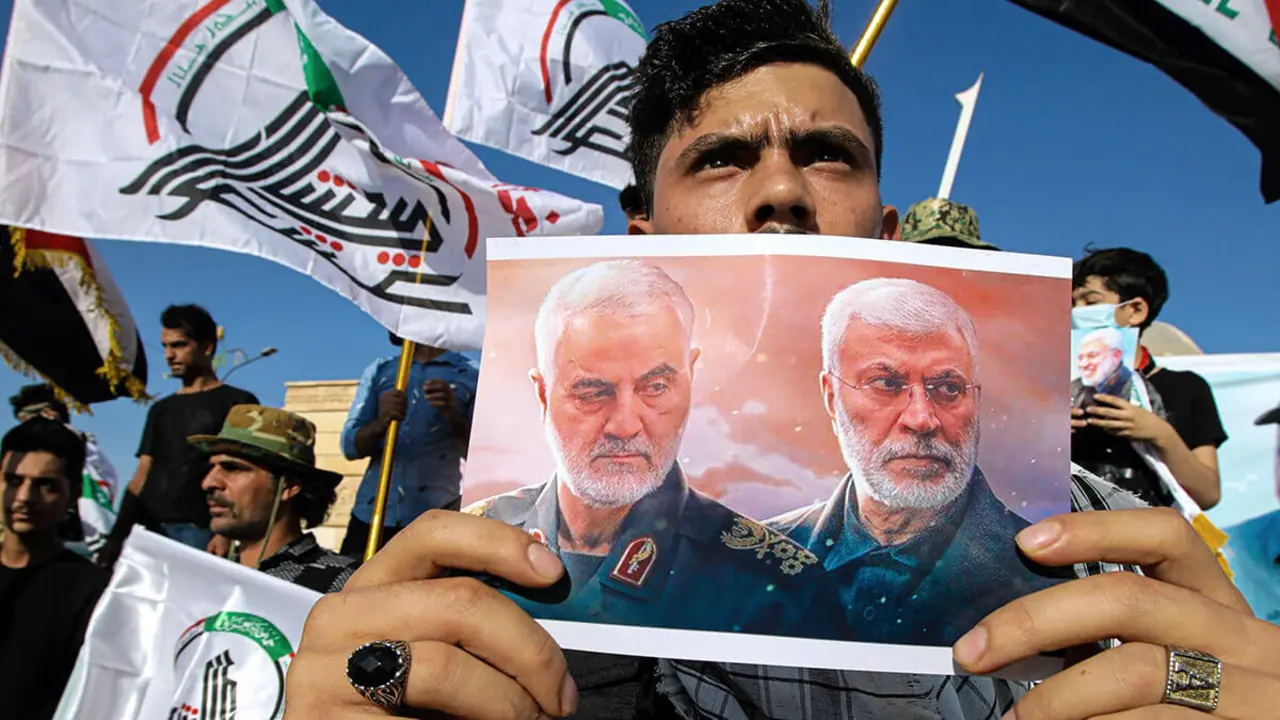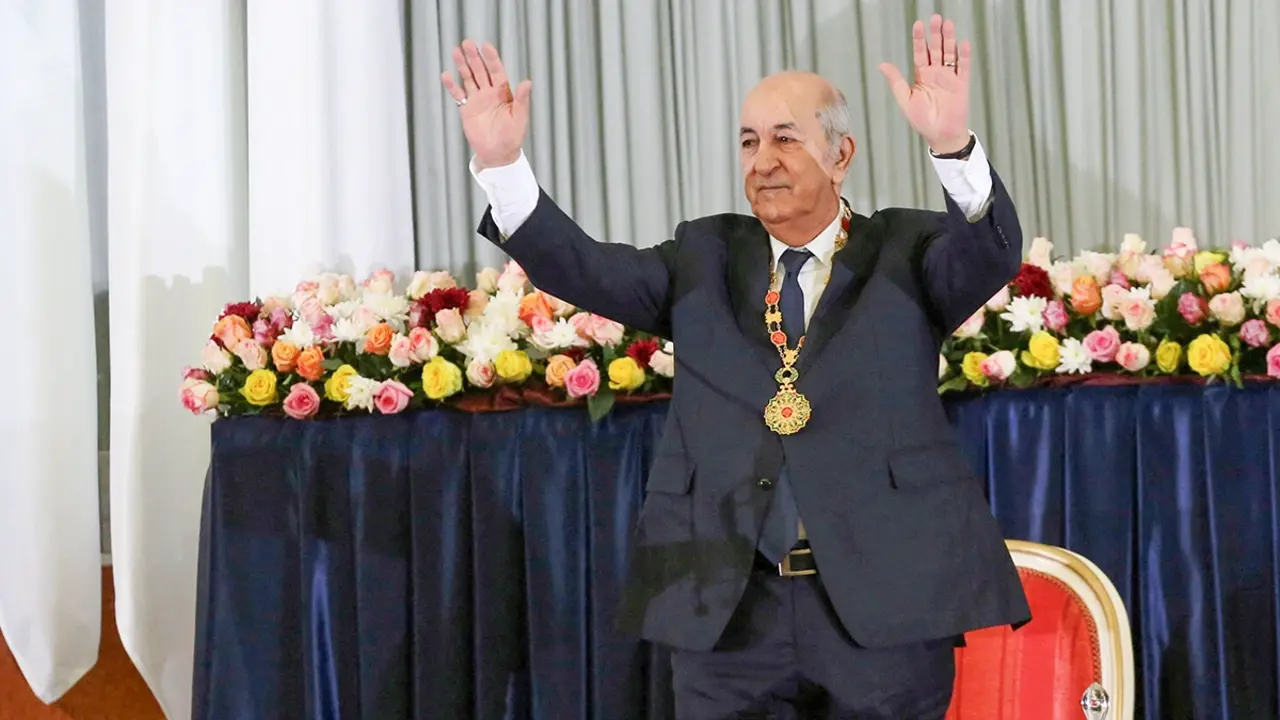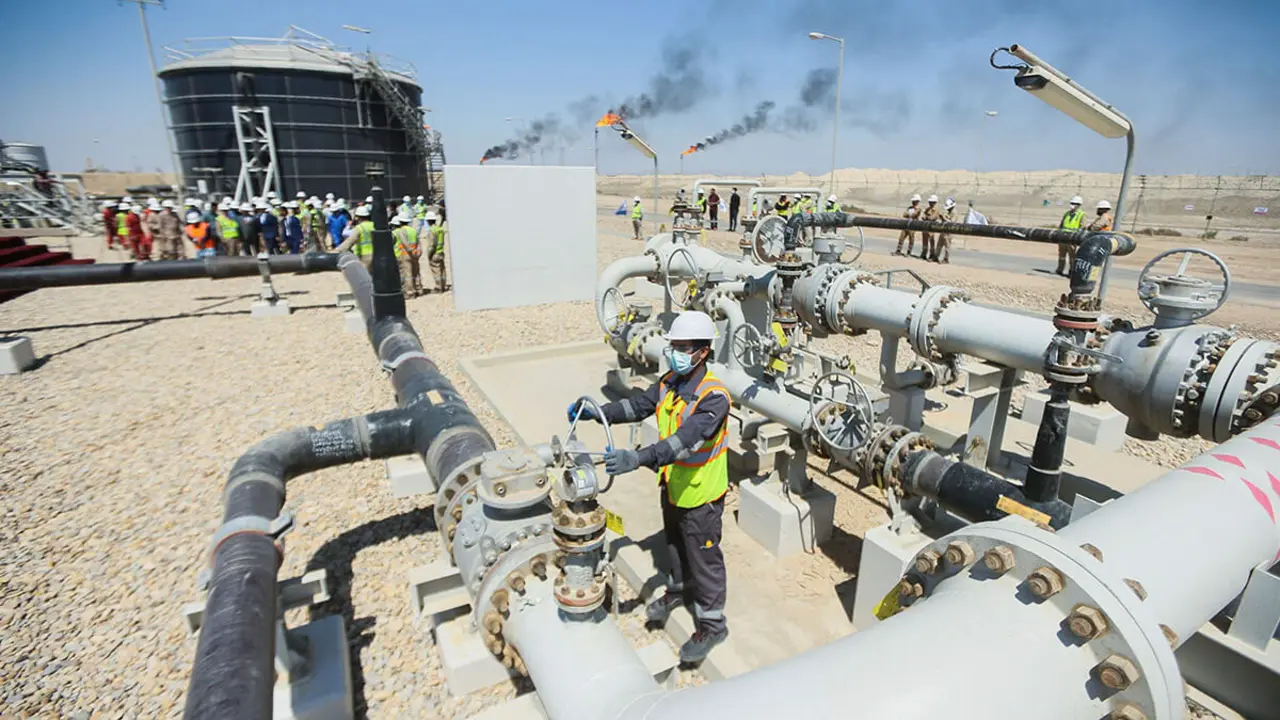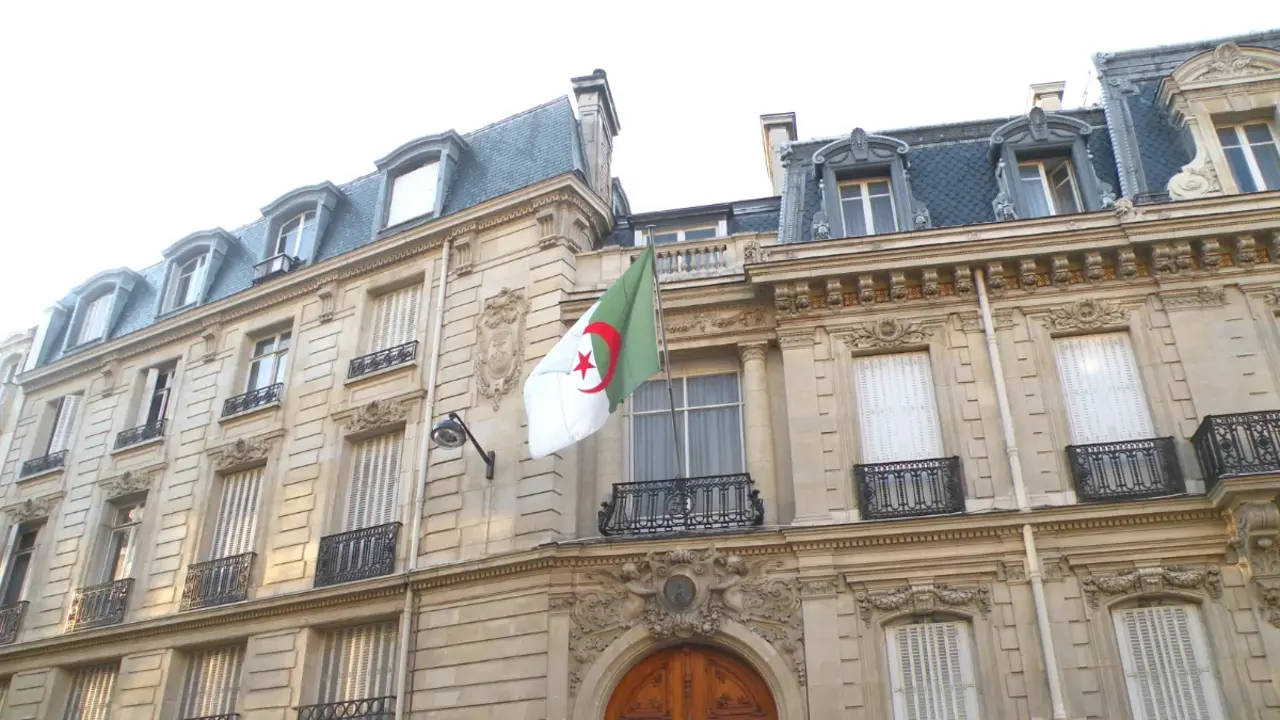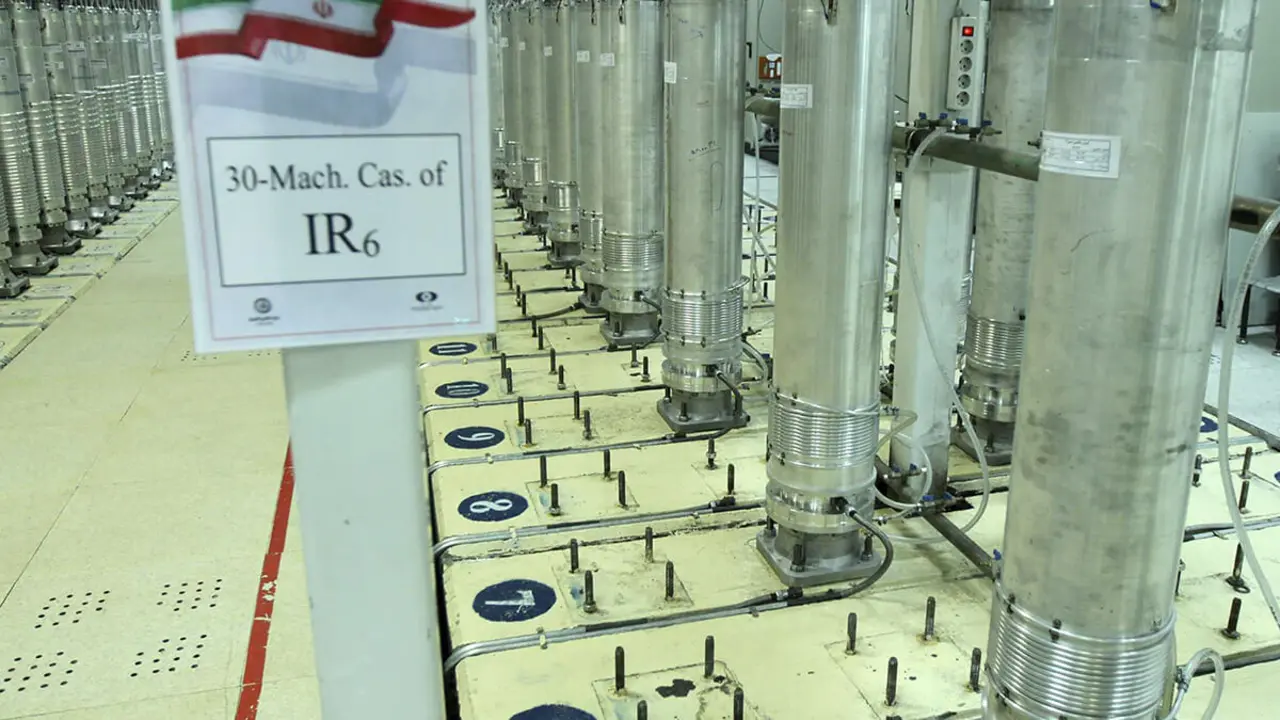Macron and his strong defence of secularism

President Emmanuel Macron has stirred controversy even beyond the Muslim world with a staunch defence of the French model for secularism and integration of minorities in the wake of a string of attacks blamed on Islamist radicals.
The approach of Macron to the integration of Europe's largest Muslim community and his combative rhetoric towards radical Islam have been called into question not just in angry protests in Islamic countries but by English-language newspapers and even international political allies.
"Is France fuelling Muslim terrorism by trying to prevent it?" read the headline in a recent column in the New York Times. The Washington Post newspaper advised him to fight racism rather than try to "reform Islam".
"France is fighting Islamist separatism, never Islam," French President Emmanuel Macron said in the columns of the British daily Financial Times, after the paper published an article on Monday questioning the French government's treatment of the Muslim community.
In an article published on Monday and later withdrawn by the newspaper itself, Mehreen Khan accused the French government of "stok(ing) moral panic about the 'Muslim question" as "Muslims are being asked to prove their loyalty to the state and its values".
On Wednesday November 4, the newspaper published on its site a letter of reply from Emmanuel Macron. In it, the president said he would not allow "anyone to say that the French state promotes racism against Muslims" and recalled that the attacks in France had claimed more than 300 victims since 2015.
Domestic support for a firm line on the need for immigrants to embrace French values is stronger than ever since the grisly beheading last month of schoolteacher Samuel Paty, who showed his pupils cartoons of the Prophet Mohammed in a lesson on free speech.

Paying tribute to the slain teacher, Macron defended France's strict brand of secularism and its long tradition of satire. "We will not give up cartoons," he vowed.
These comments came on the heels of a speech in early October in which he described Islam as being "in crisis" and assailed "Islamist separatism" in parts of France.
The French President, on Tuesday, urged the European Union to adopt more and broader measures to combat Islamist terrorism, and said Europe’s troubled Schengen zone of control-free travel over open borders urgently needed fixing.
“The threat of terrorism weighs on all of Europe. We must respond,” Macron said after discussing the matter with Merkel, Austrian Chancellor Sebastian Kurz, Dutch Prime Minister Mark Rutte and top officials in Brussels, the EU hub.
He was supported by the President of the European Council, Charles Michel, the President of the European Commission, Ursula Von der Leyen, the German Chancellor, Angela Merkel, and the Dutch Prime Minister, Mark Rutte, by video conference.
The press conference followed a telematic discussion, which took place a week after the attack in Vienna in which four people died and after several attacks against France in September and October, which left four people dead.
But the main countries of the EU in terms of the arrival of illegal immigration, such as Spain, Italy and Greece, were not present at this pre-summit of EU heads of state and government in December.

